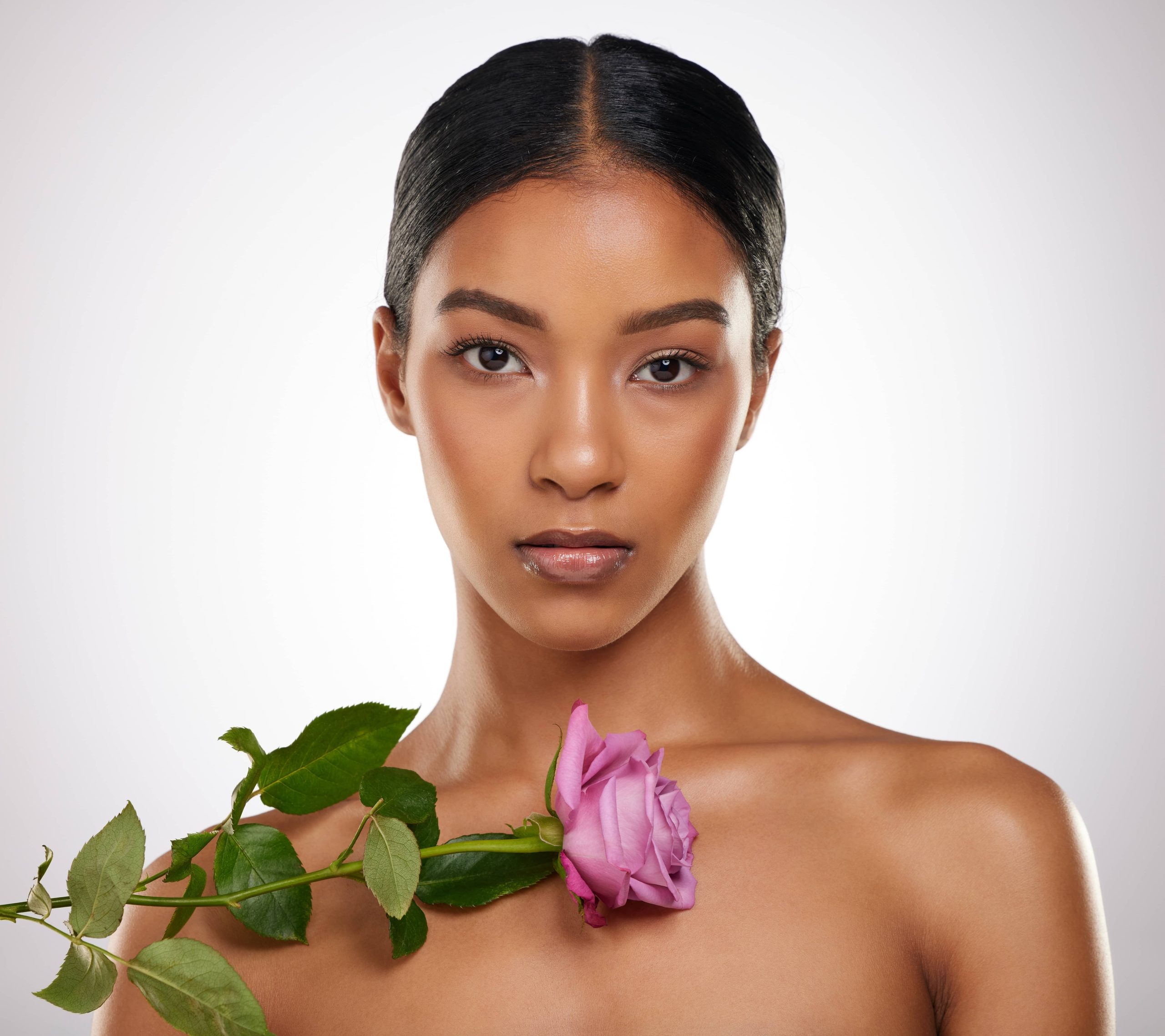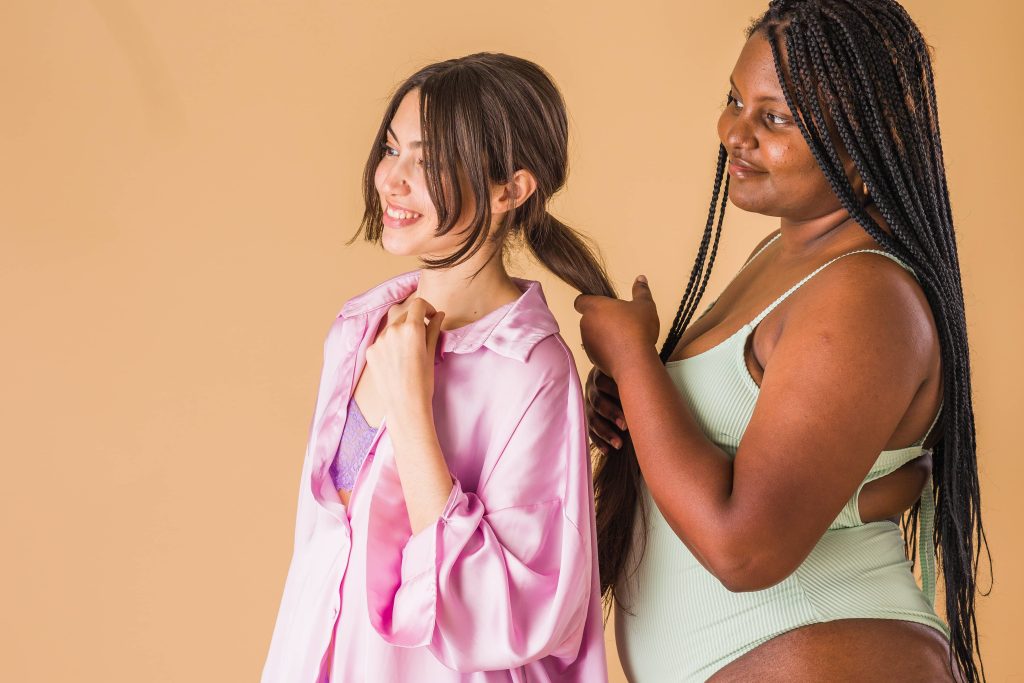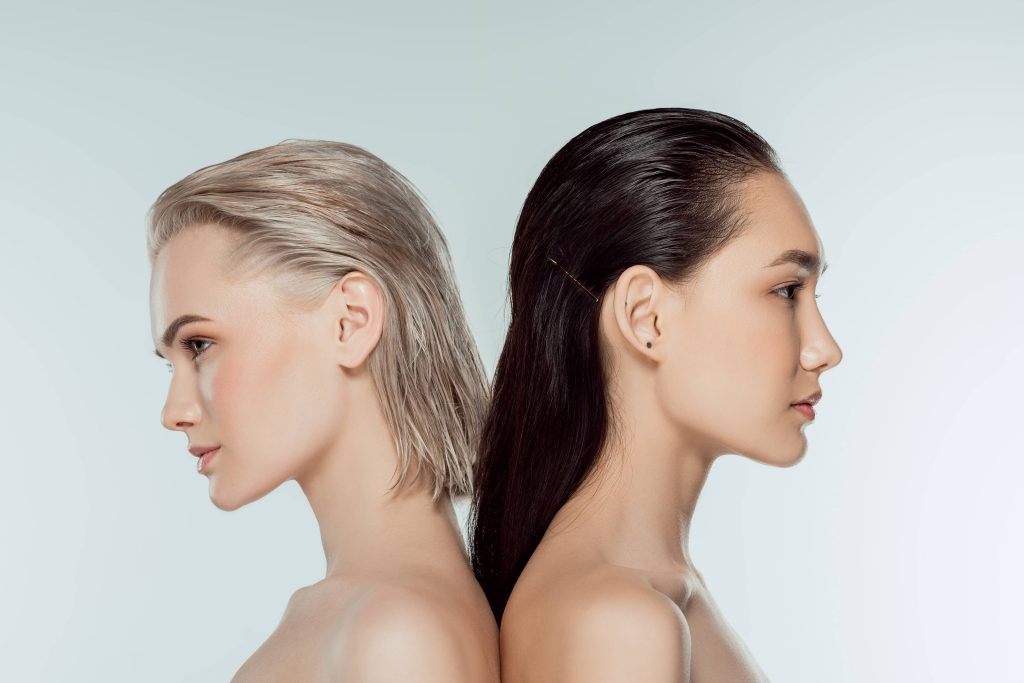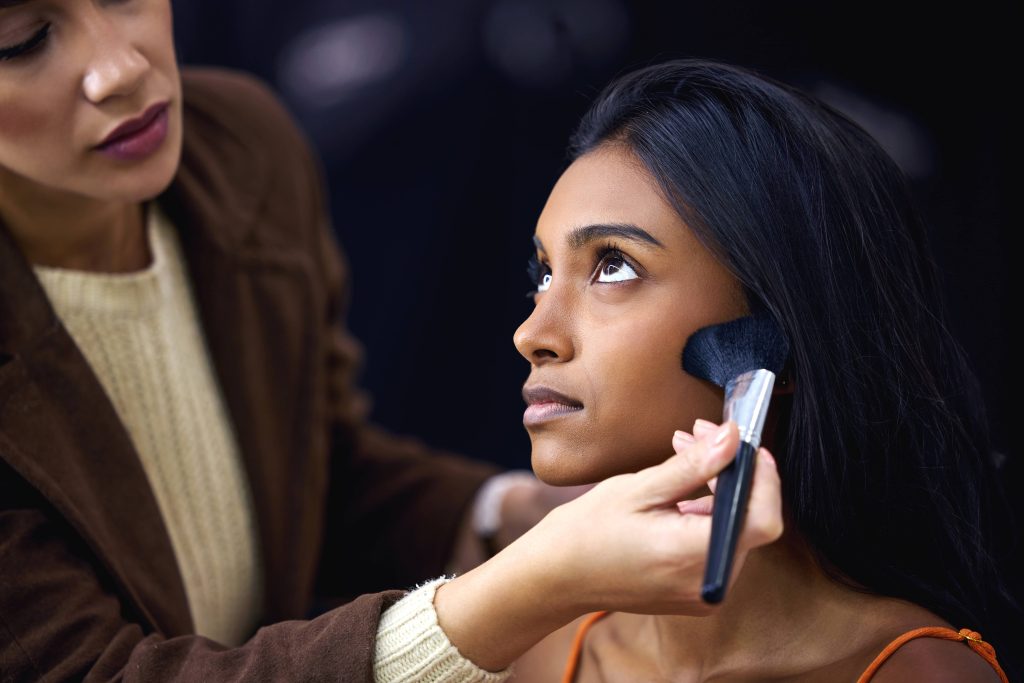
In a world where individuality is celebrated and uniqueness is the norm, the beauty industry is experiencing a seismic shift. Gone are the days when one-size-fits-all beauty products dominated the market. Today, there is a burgeoning demand for customized beauty solutions that cater to the diverse needs and preferences of consumers. This trend towards personalization is reshaping the industry and redefining beauty standards. The rise of customizable beauty products is not just a fleeting fad; it represents a profound change in how consumers perceive and engage with their beauty routines.
The Evolution of Beauty Standards
For decades, the beauty industry has thrived on standardization, offering products that promised to cater to a broad consumer base. While these products often delivered on their promises, they invariably fell short in addressing the individual needs of every consumer. This gap became increasingly evident as the internet and social media ushered in an era of heightened awareness and self-expression. Consumers began to question the traditional beauty standards and sought products that resonated more closely with their unique identities.
The Demand for Personalization
The shift towards customization in the beauty industry is fundamentally driven by the demand for personalization. Modern consumers are more informed and more discerning than ever before. They are no longer willing to settle for products that do not cater to their specific needs. Whether it’s skincare, makeup, or haircare, consumers seek products that address their individual concerns, skin types, and preferences.
One of the key factors driving this demand is the growing diversity of the consumer base. Beauty is no longer defined by a single standard; it is an inclusive concept that celebrates uniqueness. With this increased diversity comes a need for products that cater to a wide range of skin tones, types, and conditions. Customizable beauty products offer a solution that is both practical and empowering, allowing consumers to take control of their beauty routines.
Technological Advancements in Customization
Technological advancements have played a crucial role in the rise of customizable beauty products. With the advent of smart technologies and data analytics, beauty brands can now offer personalized solutions at scale. One notable example is the use of AI and machine learning to analyze skin conditions and recommend tailored skincare regimens. These technologies can assess factors such as skin type, texture, and underlying concerns, allowing consumers to create personalized products that align with their unique requirements.
Furthermore, 3D printing is revolutionizing the way beauty products are manufactured. Companies are now able to create custom formulations and packaging on demand, reducing waste and ensuring that consumers receive products specifically designed for them. This technology offers a level of customization that was previously unimaginable, allowing consumers to experiment with different formulations and find what truly works for them.
The Rise of DIY Beauty
Another exciting aspect of the customizable beauty trend is the rise of DIY (Do-It-Yourself) beauty products. More and more consumers are interested in creating their own beauty products at home, using natural ingredients and personalized combinations. This trend has been fueled by the increasing availability of DIY beauty kits and online tutorials, empowering individuals to become their own beauty experts.
DIY beauty not only allows for personalization but also aligns with the growing demand for transparency and sustainability. Consumers are increasingly aware of the ingredients they apply to their skin and are opting for clean and natural alternatives. By creating their own beauty products, individuals have full control over the ingredients they use, ensuring a unique and safe beauty experience.
The Role of Beauty Brands
Beauty brands are not merely passive observers of this trend; they are active participants in shaping its trajectory. Many leading beauty companies have recognized the importance of customization and are innovating to meet the evolving needs of consumers. Brands are investing in research and development to create sophisticated tools that enable personalized product offerings. By doing so, they are not only enhancing customer satisfaction but also building stronger brand loyalty.
Beauty brands are also focusing on the online customer experience to facilitate customization. Virtual try-ons, augmented reality (AR) apps, and personalized consultations have become integral components of the beauty retail experience. These technologies allow consumers to experiment with different looks and products virtually, providing a seamless and personalized shopping experience.
Challenges and Opportunities
While the rise of customizable beauty products presents exciting opportunities, it is not without challenges. One of the primary challenges is maintaining scalability while offering personalized solutions. Customization requires a careful balance between meeting individual needs and ensuring operational efficiency. Moreover, there is a need for brands to continuously engage with consumers and adapt to their evolving preferences.
On the flip side, the customization trend opens new avenues for innovation and differentiation. Brands that successfully embrace personalization can carve out a niche in a competitive market. Moreover, by fostering a deeper connection with consumers, brands can cultivate long-term relationships built on trust and satisfaction.
Conclusion
The rise of customizable beauty products is a testament to the changing landscape of the beauty industry. As consumers become increasingly empowered and informed, the demand for personalized solutions continues to grow. This trend is not merely a response to consumer needs but a reflection of a broader societal shift towards self-expression and individuality.
As we move forward, the beauty industry will continue to evolve, driven by innovation, technology, and consumer empowerment. Customizable beauty products are not just a passing trend; they represent a significant advancement in how we approach beauty, offering a future where every individual’s uniqueness is not only acknowledged but celebrated. Whether through technology-driven personalization, DIY beauty, or brand-led innovations, the future of beauty is undoubtedly customizable, and it’s here to stay.



